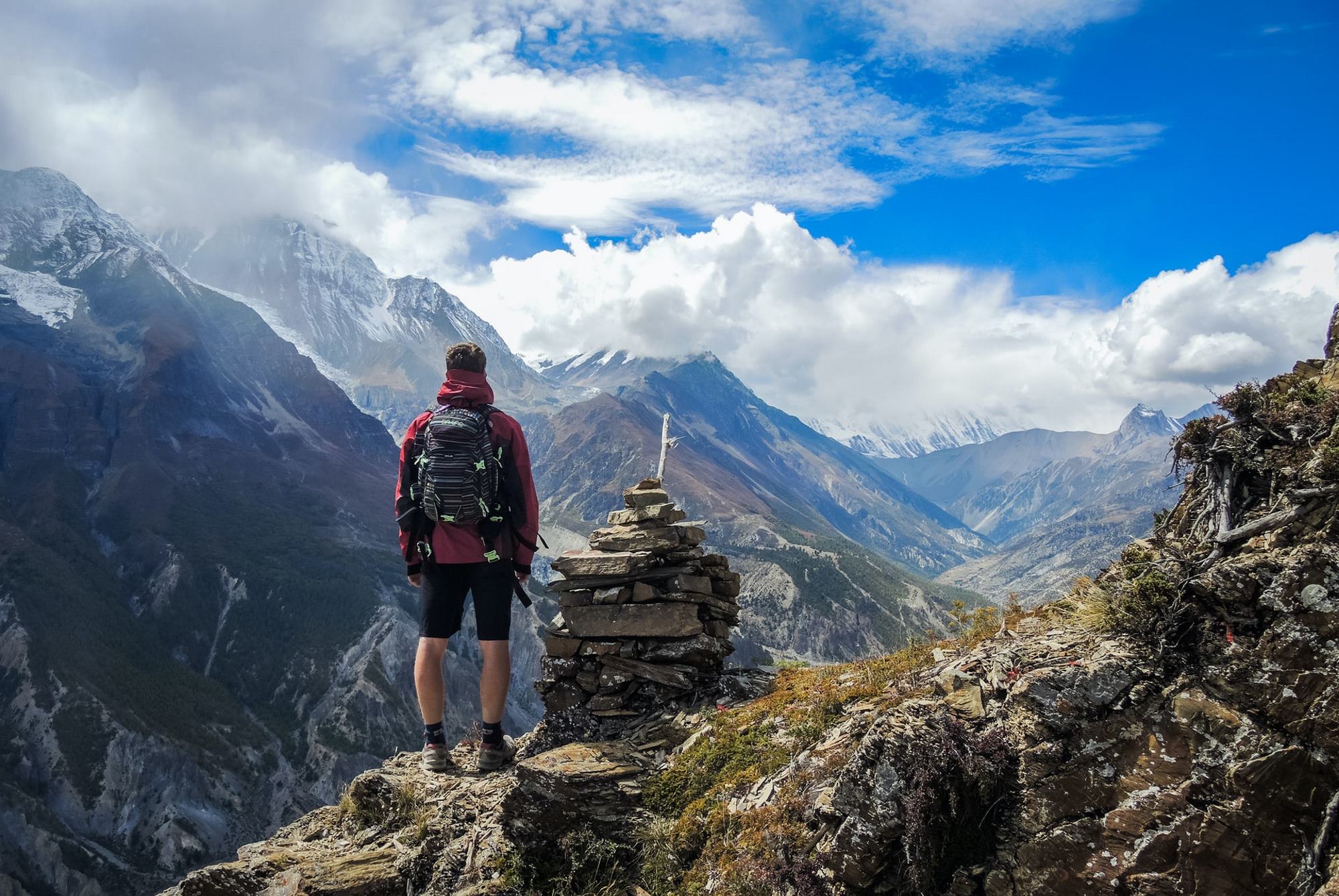
Backpacking is an enjoyable outdoor activity that can give you the high-intensity exercise you need for good health and fitness. It also gives the chance to enjoy the benefits of existing in nature and exploring the wilderness. However, this isn't an activity that you can undertake without planning. In addition to taking some shorter backpacking trips for the experience, there are a few resources you will need to ensure you have along for every adventure.
An Experienced Guide
It's important to remember that things look different on a hike through the mountains or forest. Even if you often spend time camping in Mississippi, taking a long backpacking trip through the surrounding forests can be disconcerting. The first few times you go backpacking, you should have an experienced guide with you. When you're led by someone who has repeatedly explored the region, you'll be better prepared for a safer and more successful hike.
Your guide will help you avoid areas that are too perilous to cross, and they will watch for wildlife that can be observed from a safe distance. In addition to hiring an experienced guide, be sure to bring along a compass, printed map, and flares. Your cell phone may not have service deep in the forest or in the mountains, so bringing these resources will make it easier to get help in an emergency.
Some Useful Rental Gear
Backpacking can become an expensive hobby if you plan to buy everything you need all at once. It will be easier on your budget to rent the big equipment you'll need. Some equipment you may want to rent includes a sturdy tent, a propane stove, and other camping gear. If you're already an accomplished camper, you may already have everything you need. Even so, you should create a checklist to be sure. You won't want to stop hiking for the night and discover you forgot to bring along extra blankets, a lighter, or your trusty hunting knife. Don't forget to add a first aid kit to that checklist as well.
Great Footwear
Sneakers might be great for a morning jog or for lounging around in your backyard, but you'll want something more durable for your first backpacking trip. You can either wear hiking boots or industrial work boots. In either case, look for boots with a thick, exaggerated tread to make it easier to walk across rocks, uprooted trees, and through shallow waterbeds. It might also be helpful to choose a boot with a steel toe to protect your feet from falling trees or rocks. It can be helpful to add a waterproofing sealant to your new boots for some added protection against moisture.
A Light Menu
You will have to eat on your trip, so leave room in your backpack for food and snacks. Buy single-serving packages of nuts, seeds, tuna, salmon, and dried beef. Be sure you bring along enough snacks to last the entire trip. Canned goods might seem like a great idea, but nonperishable foods are typically packed in oil or water, adding to the weight of each can. Instead, bring along fresh fruits and vegetables. You can slice fresh foods up and pack them in baggies to make more room in your backpack. Don't forget to pack several bottles of water.
A Well Planned Route
Preparing for your backpacking trip should include plotting out the route to your destination and back to your vehicle. A well-planned route will significantly decrease the chances that you'll get lost with or without your guide. You should estimate walking times to help you plan when you'll reach your destination and how long it will take you to get back. Try using Google Maps or a phone app to get more accurate estimates. Once you plan your itinerary, you can give a copy to a loved one who isn't joining your trip. If you don't return on time, that individual will have the information they need to get professional help to you.
Conclusion
The extra planning you put into your backpacking trips will ensure you have a safe and enjoyable experience each time. Be sure you have everything you need for the trip without adding too much unnecessary weight to your backpack. Keeping things light will make it easier for you to reach your hiking goals on each trip.